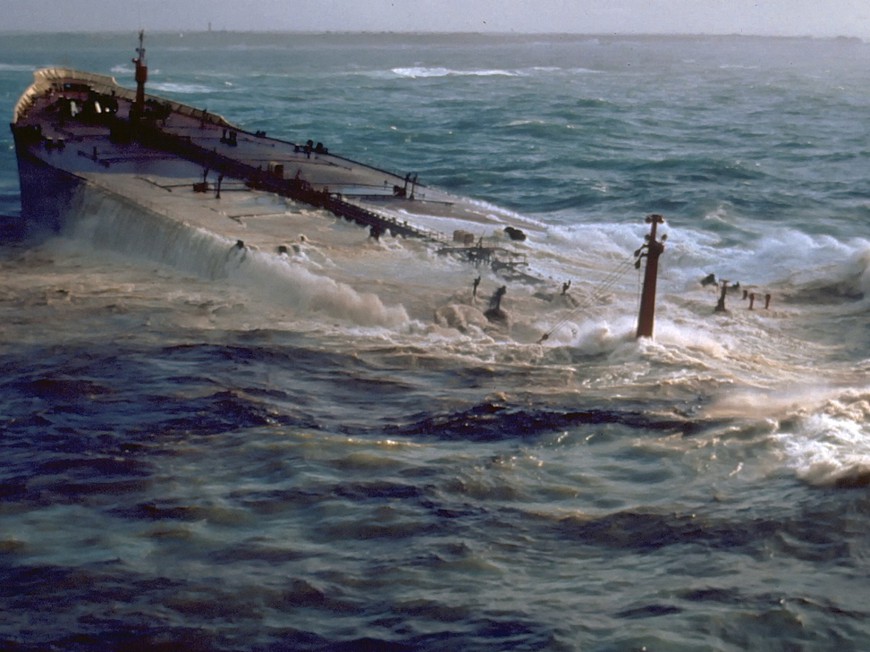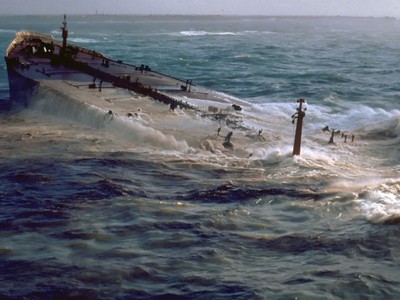

The United States Department of Justice, in Black Friday-related court filings released on Friday, has further clarified its rebuttal against Absolute Poker ownership group “Avoine—Servico de Consultadoria e Marketing” regarding AP assets the DOJ seeks to formally seize and resell.
In its latest filings, DOJ attorney Jason H. Cowley, working from the office of lead attorney Preet Bharara, confirmed receiving a copy of the Absolute Poker software platform this past week from the South Korean software company, Quad Dimensions (formerly Panoratech), that had serviced the AP site for several years.
Cowley confirmed receiving a copy of the software via US marshals from Quad Dimensions CEO Young Jae “Christian” Lee, along with a declaration by Lee that expressly renounces any Quad Dimensions claim to the software.
Young Jae Lee and Chul Jae “CJ” Lee, the forces behind Quad Dimensions, and seven other Quad Dimensions employees also owned stock in Madeira Fjord AS, the related Norwegian AP shareholder entity that was forced into bankruptcy after Avoine executed a rescission agreement that transferred control of the AP assets back to Avoine and a nominal front group, Blanca Games.
That transfer left more than 200 general AP shareholders without any say in the operations or finances of Absolute Poker, while facing a 300 million kroner Norwegian tax assessment once the nature of Madeira Fjord’s operations became known.
The latest filings by Cowley buttress the DOJ’s assertions that Avoine’s ongoing claims against the AP assets are “nonsensical,” and that the diminishing value of both the software and any e-mail lists the DOJ may also possess are in fact the very essence of the interlocutory asset sale the DOJ seeks permission to conduct.
Also included in the latest filings is a brief from Norwegian bankruptcy attorney Thomas Steen Brandi, the court-appointed trustee of Madeira Fjord, who attested that according to Norwegian proceedings, he has been appointed the sole trustee of Madeira Fjord and its subsidiaries, which specifically includes Avoine.
That claim runs counter to the rescission agreement proffered by Avoine’s own attorneys on behalf of the AP “frat boy” shareholders behind that Portuguese entity. Brandi has noted in court documents that Madeira Fjord shareholders received no payments on the $250 million in promissory notes connected to the rescission agreements.
If approved by Black Friday case presiding judge Leonard Sand, the sale would be conducted by the Complex Asset Unit of the US Marshals Service, which according to Cowley is “specifically purposed with managing and selling complex business assets,” and “has the discretion to design a sale to maximize market value, including the authority to retain third-party advisers and brokers to market and sell the Absolute Poker Assets.”
Also listed as still having made a claim against the Avoine / AP assets is the Commonwealth of Kentucky, in connection with Kentucky’s 2008 domain seizure attempt against more than 140 domains connected to online gambling. The DOJ also seeks to dismiss Kentucky’s claim, but other specifics regarding that aspect are not present in the latest filings.

